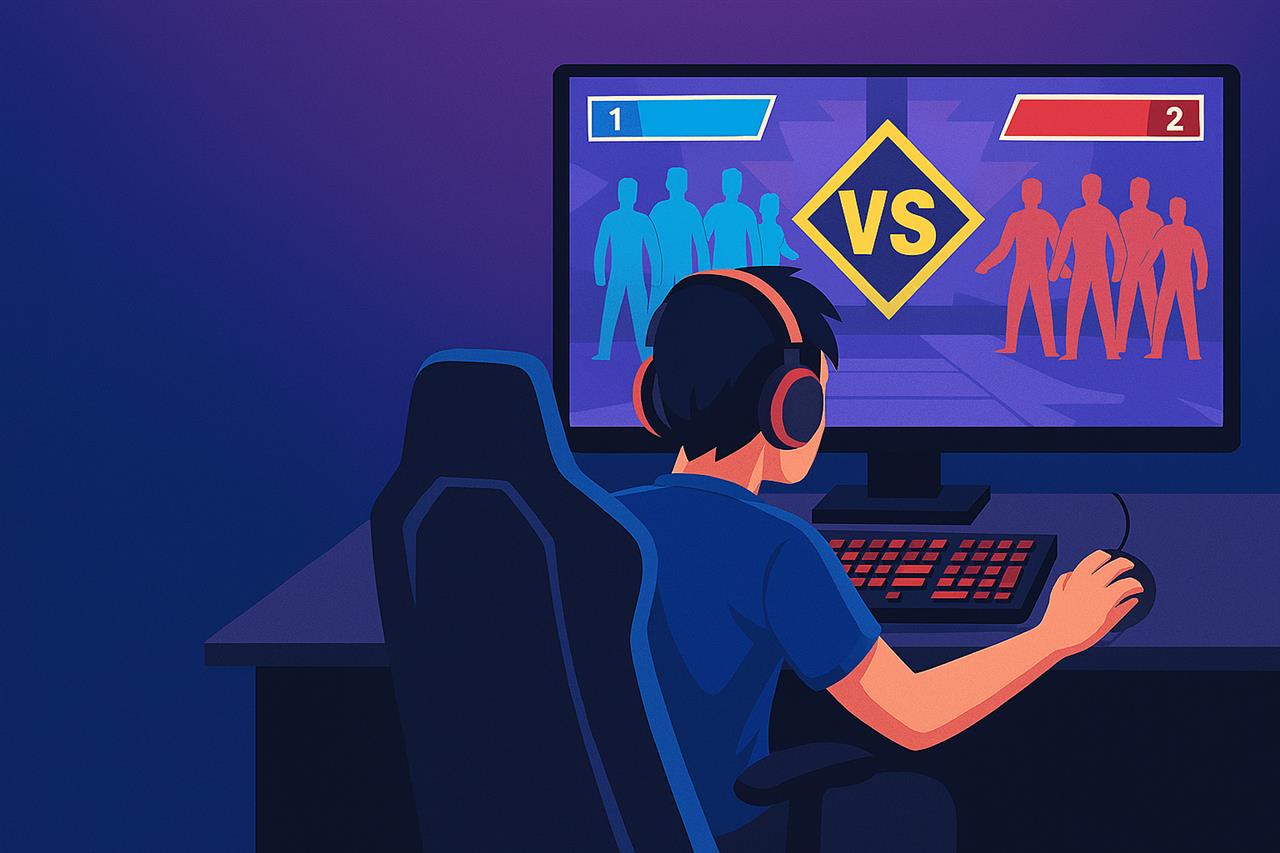Understanding esports - the rise of competitive gaming

Esports, short for electronic sports, refers to competitive video gaming where individuals or teams play against one another in structured tournaments or leagues. What once began as casual gaming matches has evolved into a multi-billion dollar industry, drawing millions of viewers globally and offering professional gamers lucrative careers.
If you're interested in the latest news, team standings, and upcoming tournaments, platforms like https://esportsprime.gg/ offer a comprehensive hub for everything related to esports.
History and Evolution of Esports
The roots of esports can be traced back to the early 1970s, with informal video game competitions taking place on college campuses and in arcades. The first officially recorded competition happened in 1972 at Stanford University, featuring the game "Spacewar." However, it wasn't until the late 1990s and early 2000s that esports began to take its modern form.
The Rise of Internet Gaming
With the advent of broadband internet, online multiplayer games surged in popularity. Games like "StarCraft," "Counter-Strike," and "Warcraft III" gathered dedicated followings, and online tournaments allowed players to compete internationally. South Korea played a significant role in legitimizing esports, with government-backed leagues and dedicated TV channels for professional gaming matches.
Modern Esports Titles
Today, esports encompasses a wide array of game genres. Popular titles include:
- Multiplayer Online Battle Arenas (MOBAs): "League of Legends" and "Dota 2"
- First Person Shooters (FPS): "Counter-Strike: Global Offensive," "Valorant," and "Call of Duty"
- Battle Royale Games: "Fortnite" and "Apex Legends"
- Sports Simulation Games: "FIFA" and "NBA 2K"
The Esports Ecosystem
As esports has grown, so too has its supporting infrastructure. Tournaments are now held in sold-out stadiums, broadcast across streaming platforms like Twitch and YouTube, and supported by sponsorship deals with major global brands.
Professional Teams and Players
Esports teams operate similarly to traditional sports franchises. They recruit players, organize training, sign sponsorship deals, and compete across different titles. Some of the most well-known organizations include Team Liquid, Fnatic, Cloud9, and T1.
Leagues and Tournaments
There are countless tournaments held across the globe, with some offering multi-million dollar prize pools. Notable events include:
- The International (Dota 2): Known for its enormous community-funded prize pool
- League of Legends World Championship: Held annually with massive global viewer numbers
- CS:GO Major Championships: Prestigious competitions held by Valve
Impact on Culture and Industry
Esports has transcended gaming, influencing mainstream culture, fashion, and even education. Universities now offer esports scholarships, and high schools are forming competitive teams. Players have become influencers, and esports analysts provide career opportunities beyond just gaming.
Media and Sponsorship
Media rights and advertising have become critical revenue streams. Brands like Coca-Cola, Red Bull, and Nike sponsor teams and events, tapping into the esports demographic of primarily young, tech-savvy audiences.
Economic Growth
The global esports market continues to expand, projected to surpass
The Future of Esports
As technology continues to evolve, esports is expected to integrate more deeply with virtual reality, blockchain innovations, and mobile gaming. The rapid growth of mobile esports, especially in regions like Southeast Asia and India, highlights the inclusive potential of the industry.
Conclusion
Esports has firmly established itself as a legitimate sport, with its own ecosystem of players, fans, teams, and sponsors. Whether you're a casual gamer or an aspiring professional, the dynamic world of esports offers something for everyone. Its growth shows no signs of slowing, and it will undoubtedly play an increasingly prominent role in the future of entertainment and competition.